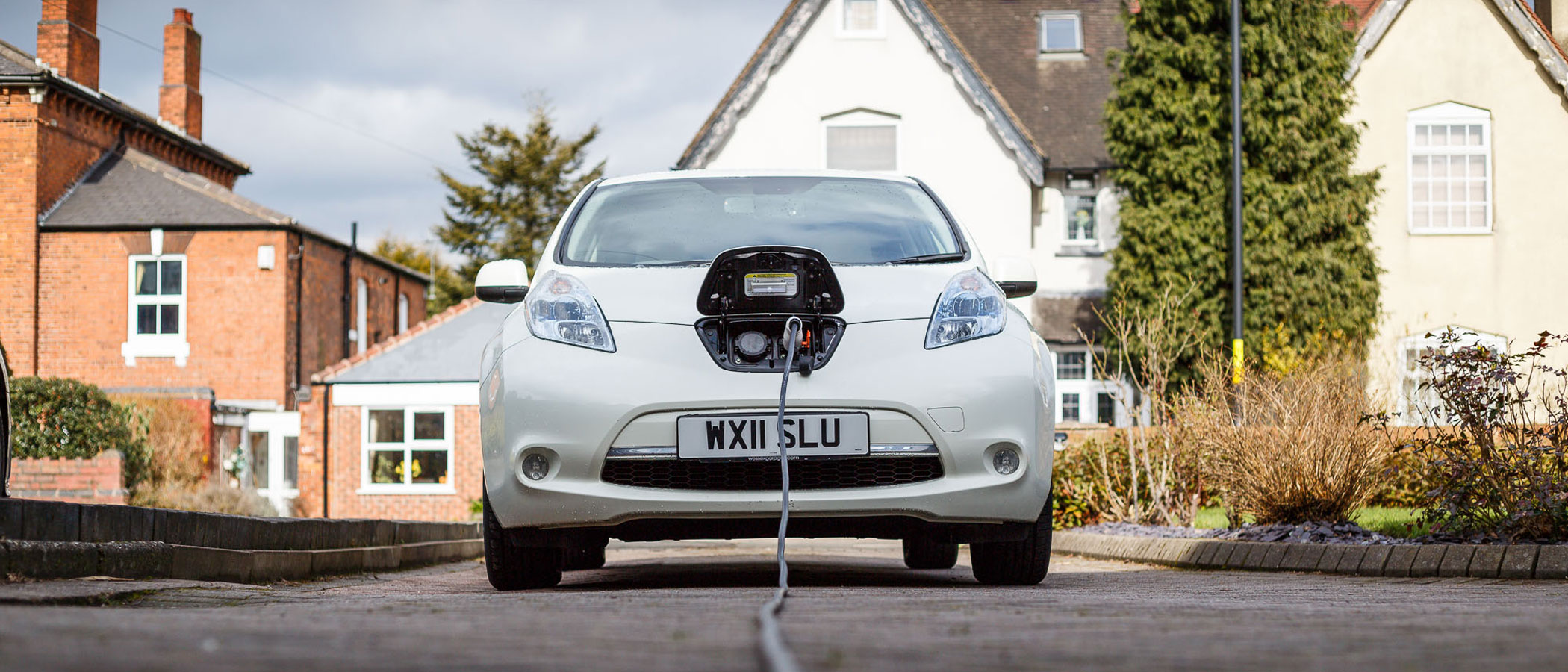The 23rd World Insights
Exploring the untold stories and events from around the globe.
Is Your Next Car a Plug-in Dream or a Current Nightmare?
Is your dream car electric or a costly mistake? Discover the truth behind plug-in vehicles and make the right choice today!
The Benefits and Drawbacks of Plug-in Hybrid Vehicles
Plug-in hybrid vehicles (PHEVs) offer a range of benefits that appeal to environmentally conscious consumers and those looking for flexibility in their driving experience. One of the primary advantages is their ability to operate on both electric and gasoline power, which can significantly reduce fuel costs. In urban environments, PHEVs can run on electricity for daily commutes, utilizing regenerative braking to enhance energy efficiency. Additionally, many regions offer incentives for owning PHEVs, such as tax credits and access to carpool lanes, making them an attractive option for eco-friendly drivers.
However, like any technology, plug-in hybrid vehicles come with their drawbacks. One notable disadvantage is the higher initial purchase price compared to traditional gasoline vehicles, which can deter potential buyers. Furthermore, while PHEVs can operate in electric mode, their electric range is often limited compared to fully electric vehicles, requiring reliance on gasoline for longer trips. Maintenance can also be more complex, given the dual powertrains, which may lead to higher servicing costs over time. Ultimately, it's essential for consumers to weigh these pros and cons when considering a PHEV as their next vehicle.

5 Common Misconceptions About Plug-in Cars
As the popularity of plug-in cars continues to rise, several misconceptions have emerged that can deter potential buyers. One common belief is that plug-in cars are only suitable for short commutes. In reality, many modern plug-in hybrid electric vehicles (PHEVs) and all-electric vehicles (EVs) are designed for both short and long trips, offering impressive ranges that often exceed 200 miles on a single charge. This advancement makes them viable options for daily driving, road trips, and everything in between.
Another frequent myth is that charging a plug-in car is time-consuming and inconvenient. While early models did have longer charging times, today's technologies have made significant improvements. Many plug-in cars can be charged at home overnight, often using standard household outlets, and fast-charging stations are becoming increasingly available. This means that, contrary to popular belief, fueling up a plug-in car can be just as convenient as refueling a gasoline vehicle and often allows for charging while you sleep.
Is a Plug-in Hybrid Right for Your Driving Habits?
When considering whether a plug-in hybrid is right for your driving habits, it’s essential to evaluate your typical daily routines. For instance, if you have a short commute, a plug-in hybrid can be an excellent choice, as they generally offer an electric-only range that suffices for daily errands and short trips. This means you can rely on electric power for local driving while still having the capability to switch to gasoline for longer journeys. Think about how often you drive outside the electric range; this could greatly influence your decision.
Another factor to consider is the availability of charging infrastructure in your area. If you have access to a charging station at home or work, a plug-in hybrid can be even more advantageous, allowing you to maximize your electric driving time. Additionally, many modern plug-in hybrids come equipped with advanced technologies that enhance fuel efficiency, making them an attractive option for those who want to reduce their carbon footprint without sacrificing convenience. Ultimately, understanding your driving patterns is crucial in determining if a plug-in hybrid aligns with your lifestyle and needs.